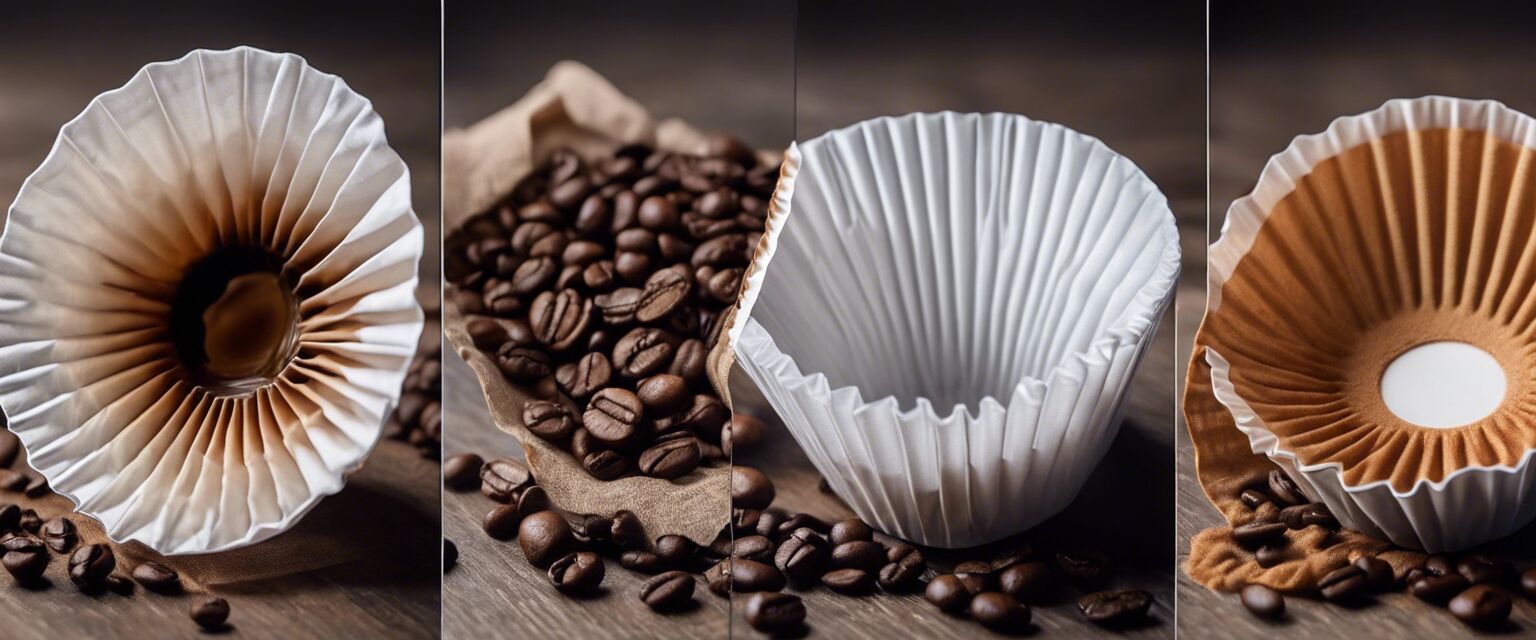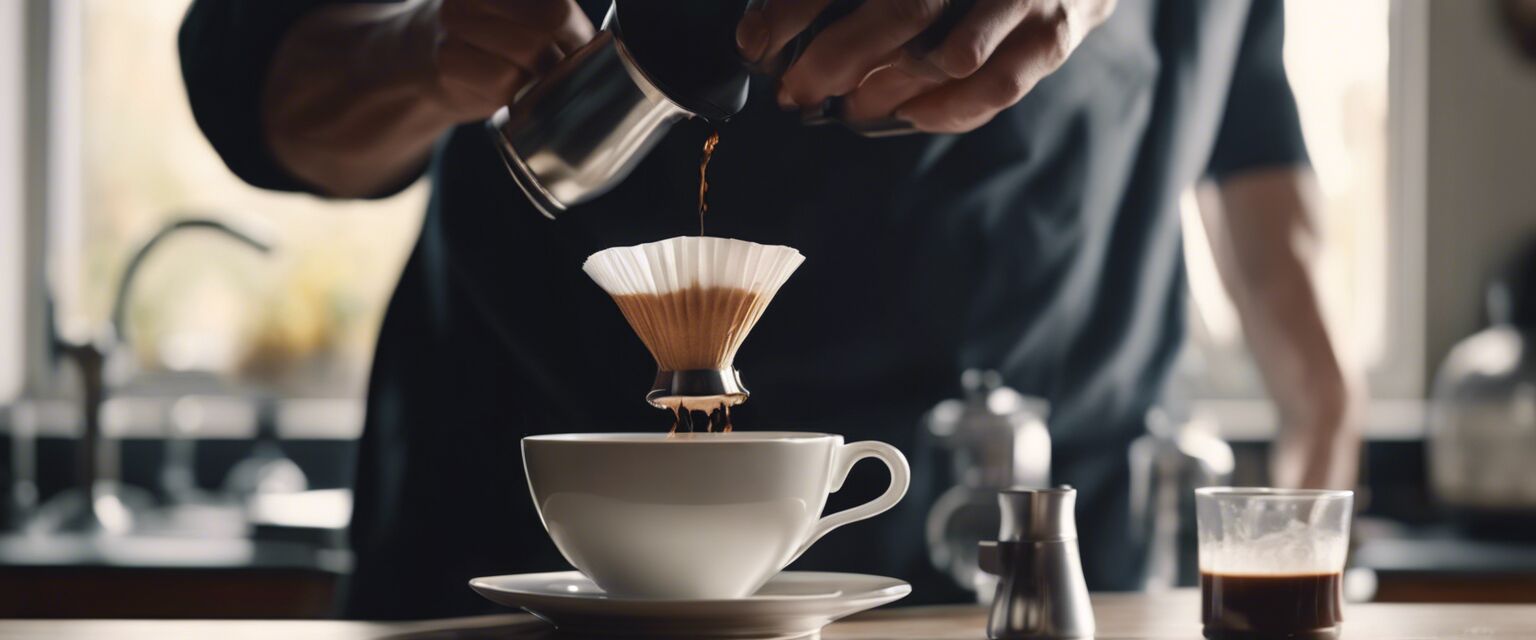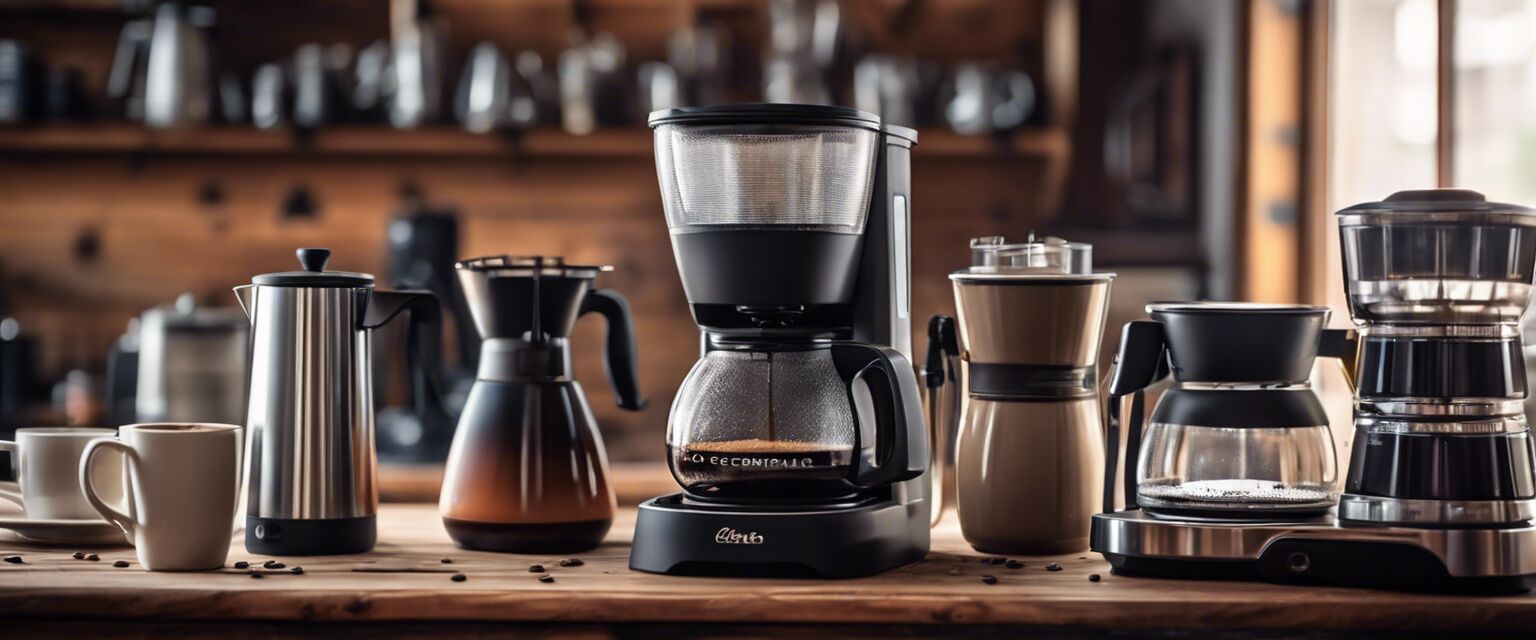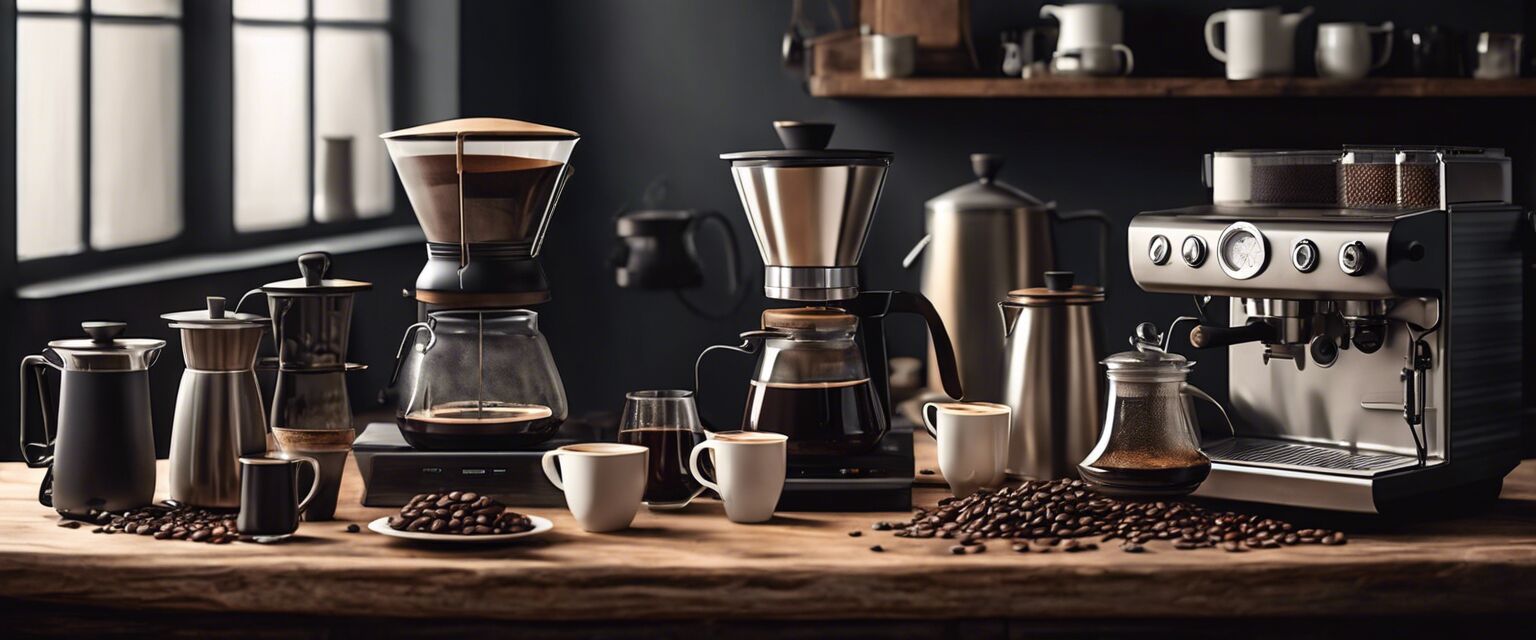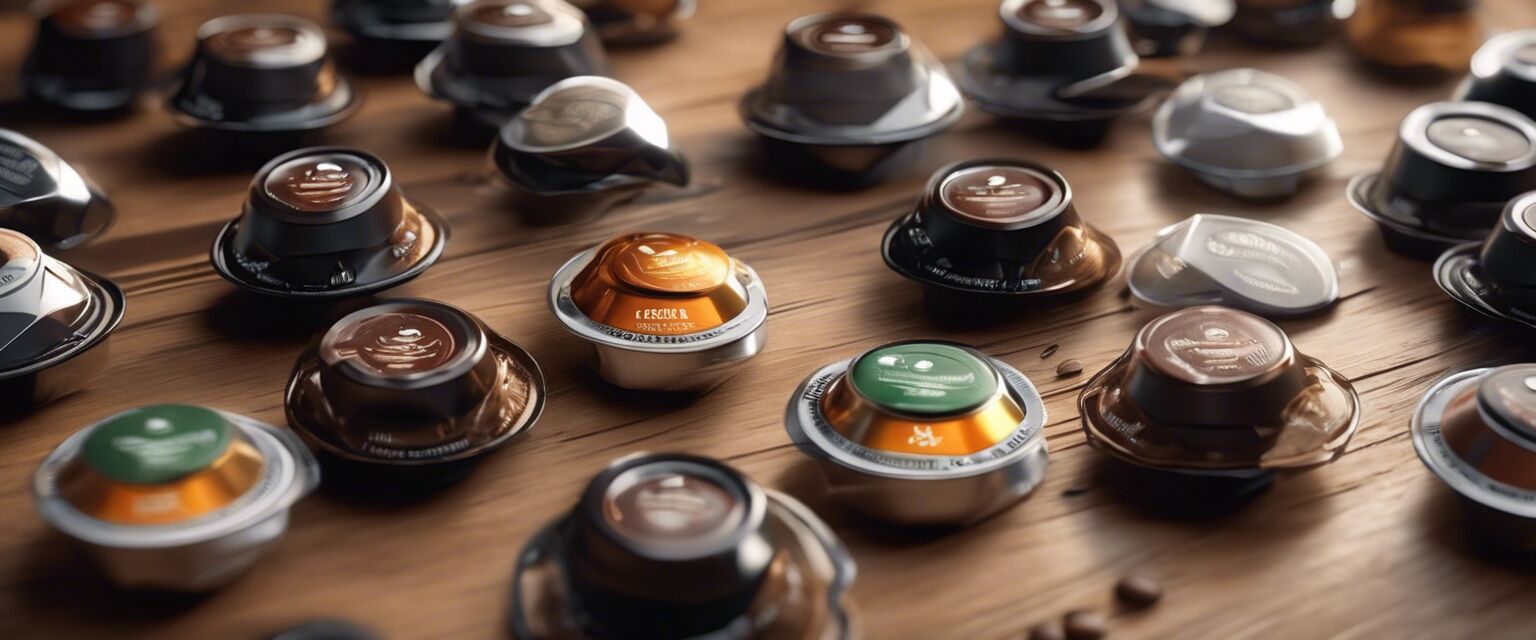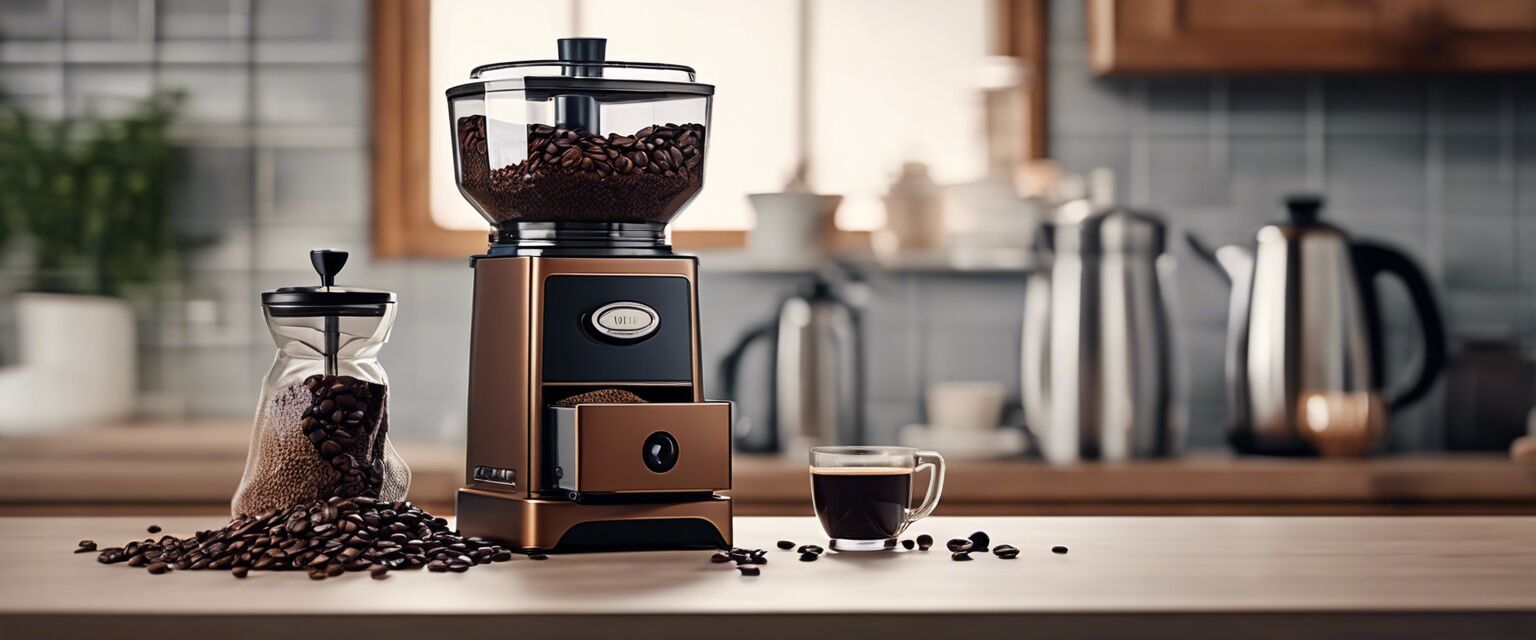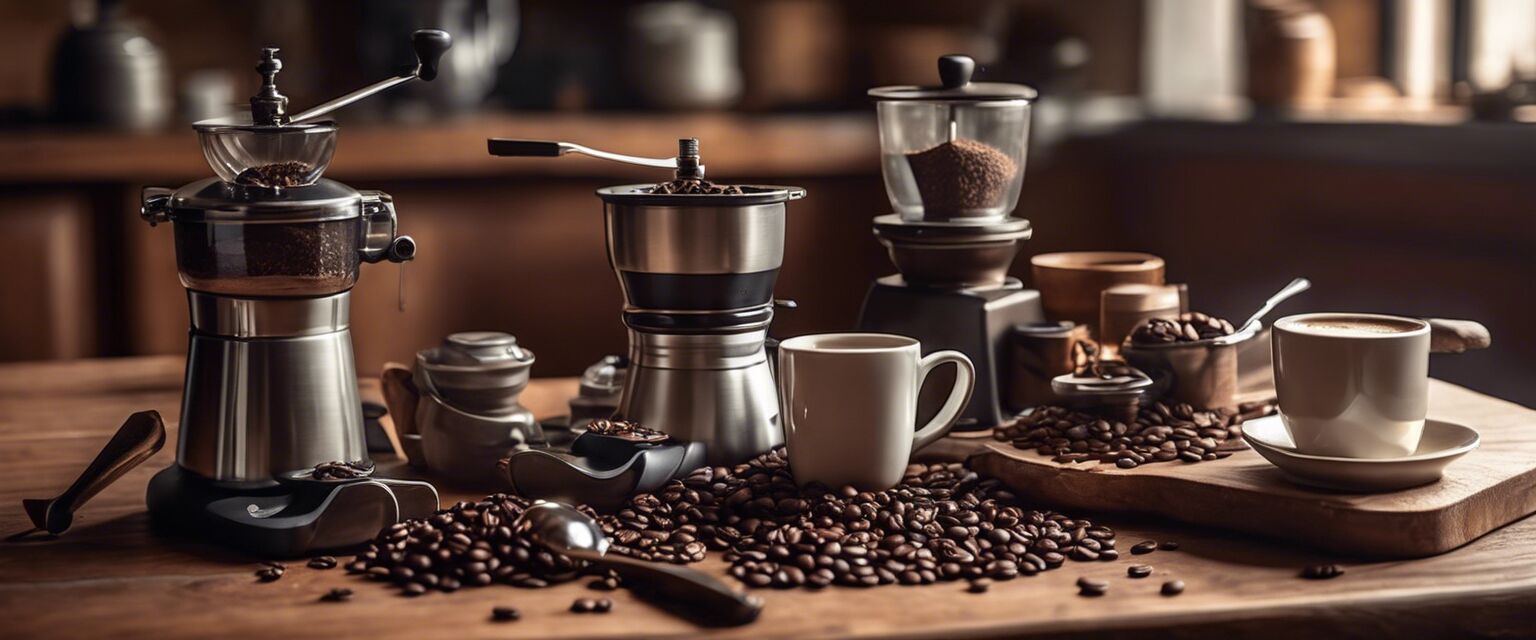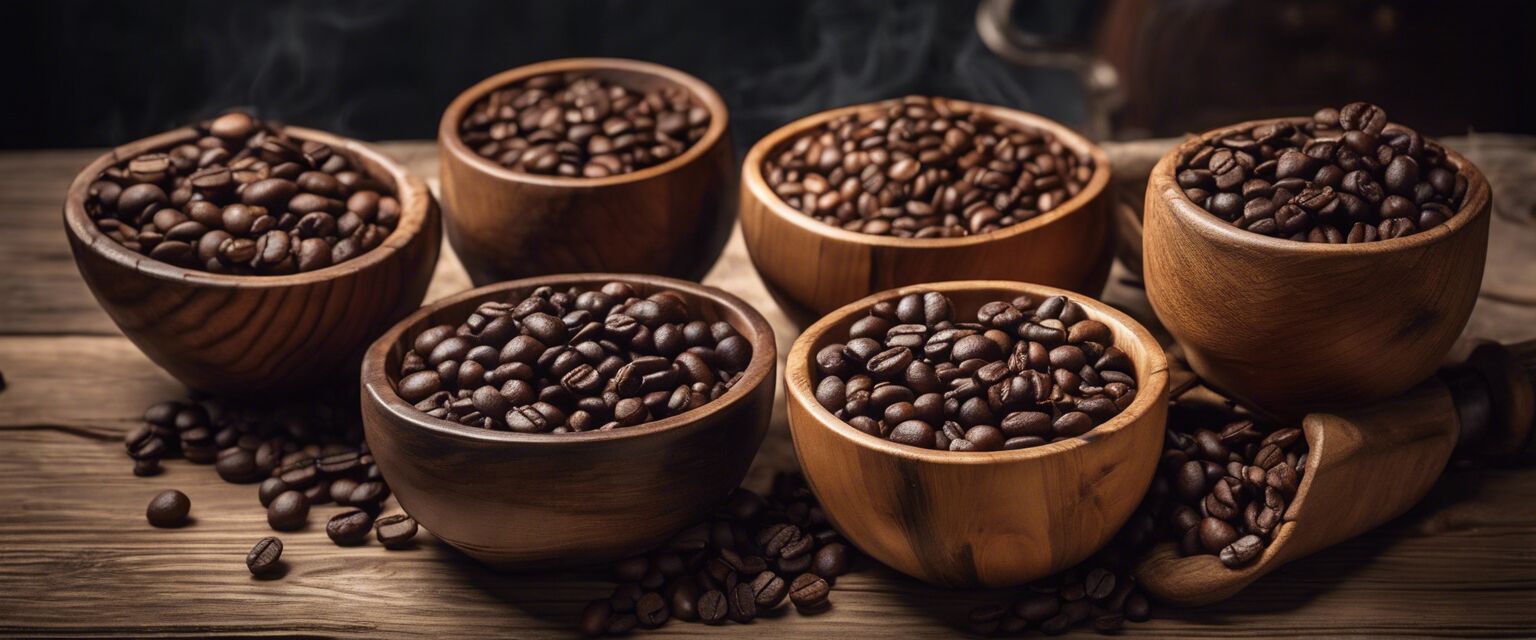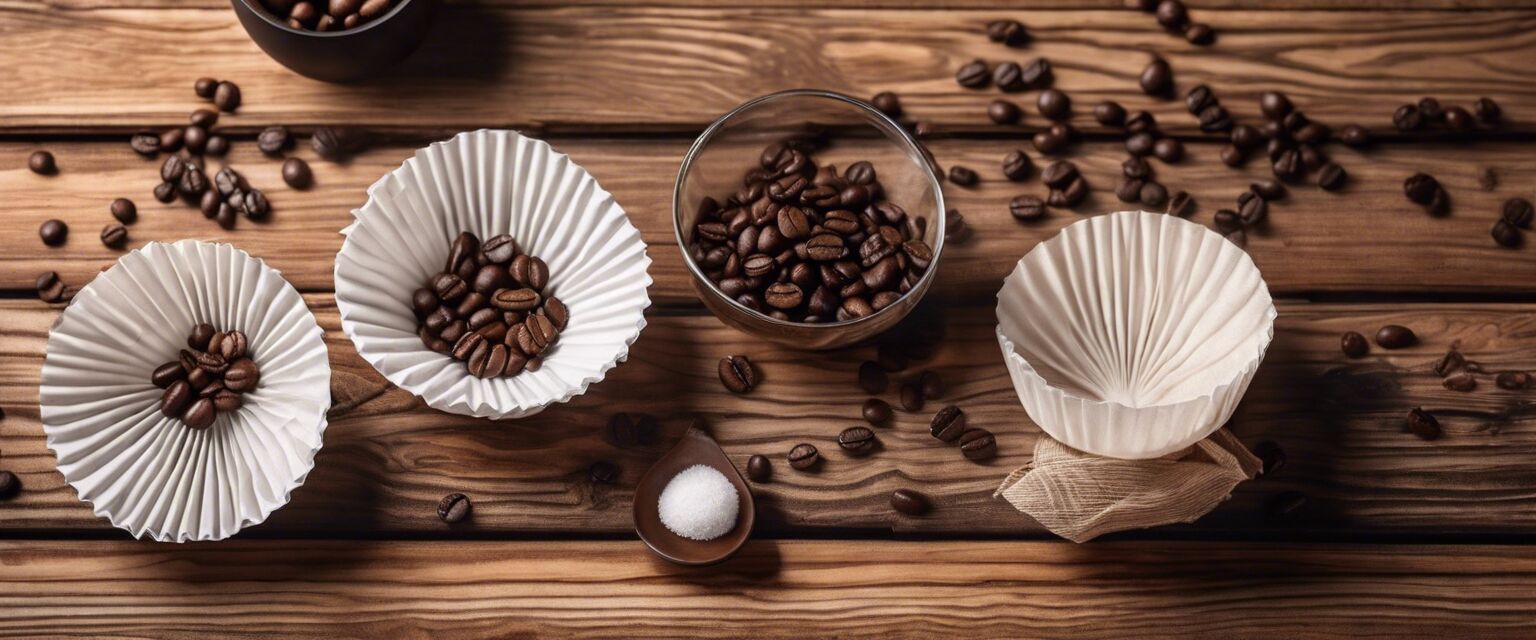
Coffee Filters: A Comprehensive Guide
Coffee filters are an essential component of the coffee-brewing process. They play a crucial role in separating the coffee grounds from the liquid, ensuring a smooth and flavorful cup. But with so many types of coffee filters available, it can be overwhelming to choose the right one. In this article, we'll delve into the world of coffee filters, exploring their different types, uses, and benefits.
Key Takeaways
- Different types of coffee filters include paper, metal, cloth, and hybrid filters
- Each type of filter has its unique benefits and drawbacks
- The choice of filter depends on personal preference, coffee brewing method, and equipment
Types of Coffee Filters
There are four primary types of coffee filters: paper, metal, cloth, and hybrid. Each type has its unique characteristics, advantages, and disadvantages.
| Type of Filter | Material | Benefits | Drawbacks |
|---|---|---|---|
| Paper Filters | Paper | Easy to use, affordable, and disposable | Can absorb coffee oils and flavors |
| Metal Filters | Stainless Steel or Aluminum | Durable, reusable, and allows coffee oils to pass through | Can be expensive, and may require cleaning |
| Cloth Filters | Cotton or Linen | Environmentally friendly, allows coffee oils to pass through, and can be reused | Requires regular cleaning, and may not be as durable as metal filters |
| Hybrid Filters | Combination of materials (e.g., paper and metal) | Combines the benefits of different materials, easy to use, and clean | May be more expensive than single-material filters |
Choosing the Right Coffee Filter
When selecting a coffee filter, consider the following factors:
- Coffee Brewing Method: Different brewing methods, such as pour-over, French press, or drip brewing, require specific types of filters.
- Equipment: Ensure the filter is compatible with your coffee maker or brewing device.
- Personal Preference: Think about the flavor profile and texture you prefer in your coffee.
- Environmental Impact: Consider the eco-friendliness of the filter and its disposal method.
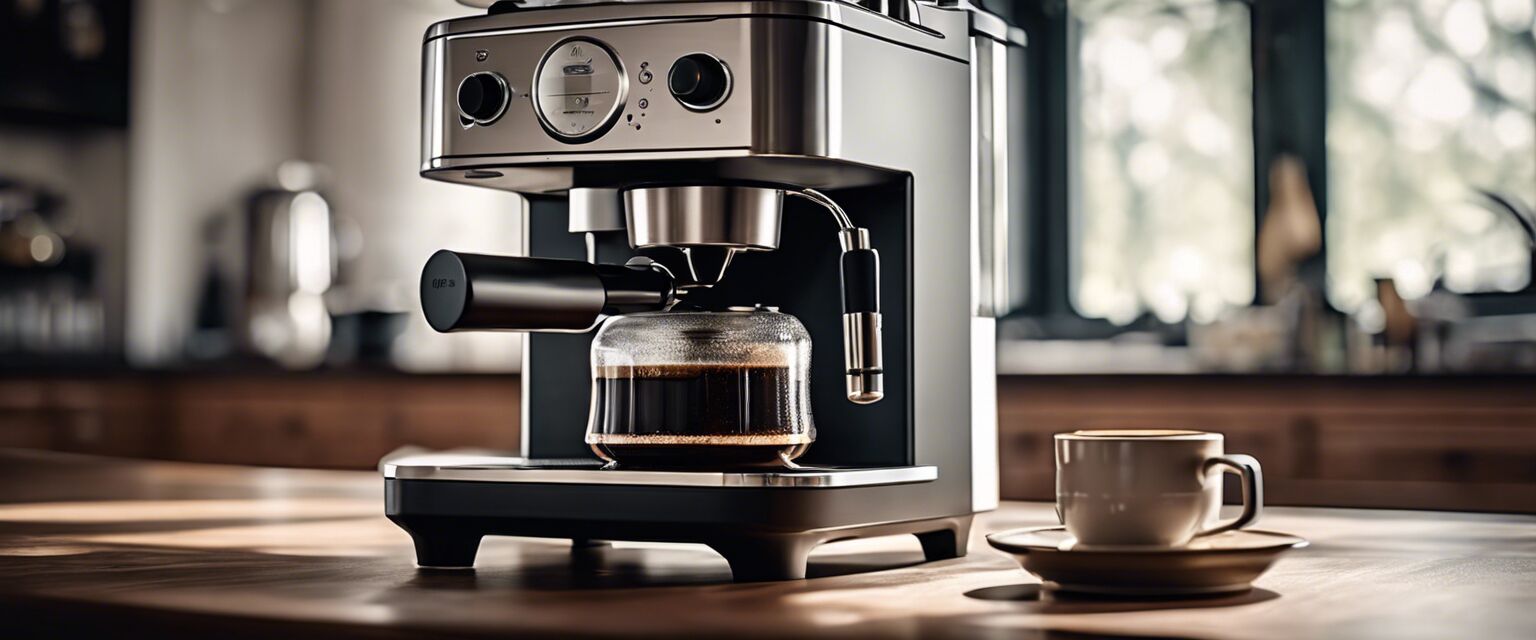
Coffee Filter Maintenance and Cleaning
Proper maintenance and cleaning of your coffee filter are crucial to ensure optimal performance and flavor.
Beginners Section
- Rinse your filter with hot water before first use
- Clean your filter regularly to prevent buildup and bacterial growth
- Descale your filter every 3-6 months to remove mineral deposits
Conclusion
In conclusion, coffee filters are an essential component of the coffee-brewing process. By understanding the different types of filters, their benefits, and drawbacks, you can make an informed decision about which filter to use. Remember to consider your coffee brewing method, equipment, personal preference, and environmental impact when choosing a filter.
Pros
- Improves coffee flavor and aroma
- Easy to use and clean
- Environmentally friendly options available
Cons
- May require regular maintenance
- Can be expensive, especially hybrid filters
- May not be compatible with all coffee makers
Explore our coffee filter selection to find the perfect filter for your coffee needs. Whether you're a coffee connoisseur or a beginner, we've got you covered.
Looking for more coffee-related content? Check out our reviews on coffee beans, coffee grinders, and coffee makers.
